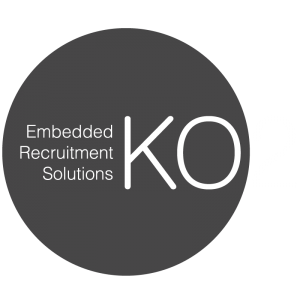KO2 has helped a variety of businesses with recruitment in industries that would be classed as safety-critical and industrial. Our previous work has helped clients develop devices for non-destructive tests, control systems, rugged industrial displays, oil and gas umbilical test systems and electrofusion and butt fusion devices, to name just a few.
We cut our teeth on safety-critical and industrial businesses. Whilst electronics embedded systems businesses have realised the need to focus on modern techniques such as IoT, safety-critical and industrial recruitment within this sector remains at the core of what we do.
Electronics embedded systems businesses looking for skills within safety-critical often make their hiring decisions based on experience within sectors where key principles are similar. KO2 has found that companies within aerospace, automotive, defence, control systems, medical and oil and gas often utilise similar skills and techniques.






